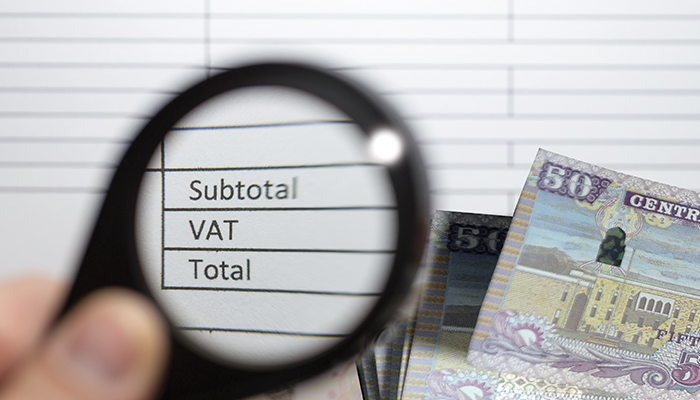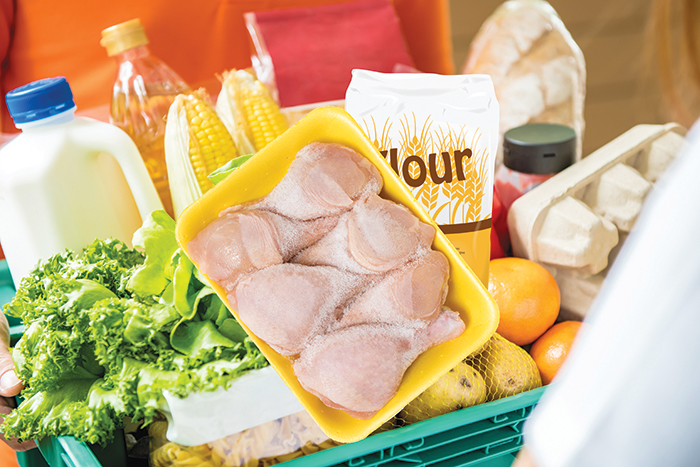

Muscat: Items such as vegetables, food grains, fruits, poultry, and dairy will be subject to zero percent Value Added Tax (VAT) once it comes into effect on 16 April.
Some 488 essential items have been listed by the Ministry of Finance as those which will not be taxed under VAT.
They include garlic, potatoes (fresh and frozen), carrots, dates, avocados, mangoes, oranges, lemons, grapes, pineapple, varieties of fish, wheat, and rice.
Also on the list are mineral water, sugar, salt, meats, poultry, dairy products, fresh eggs, vegetables, fruits, coffee beans, tea, cardamom, grains, olive oil, baby food products, and bread. Other items included on the list are medicines and medical equipment and life-saving drugs.
VAT, once it comes to Oman, will make the country the fourth in the six-member Gulf Cooperation Council to implement the tax. The others are Saudi Arabia, the United Arab Emirates, and Bahrain.
Value Added Tax is governed by Royal Decree No. 121/2020, which covers the laws concerning the tax, and Decision No. 53/2021 of the Tax Authority, which brought into law the executive regulations concerning VAT.
“These are items we use on a daily basis, and adding VAT to them will make our everyday lives more expensive, particularly for those with large families,” said Haitham Al Hinai, an Omani national from Sohar. “Excluding these from VAT will help us maintain our current standards of living.”
Sohan Thomas, an Indian expat, added: “There are many blue-collar workers who might be priced out of buying their essentials if VAT is imposed on them. Excluding them from the list of items taxed is a good decision that will enable them to meet their daily needs.”
As part of efforts to reduce the impact of VAT on certain sections of society, all related charges stemming from electricity consumption for citizens who have up to two residential category subscriptions will be paid by the government. This includes families that were previously eligible for government support for the two connections.
The amount of subsidised fuel that people who have signed up for Fuel Support Cards can buy at reduced prices has also been hiked from 200 to 400 litres per month.
The government will bear the cost of VAT towards the amount of fuel purchased, so that the cost of fuel stays at 180 baisas per litre.